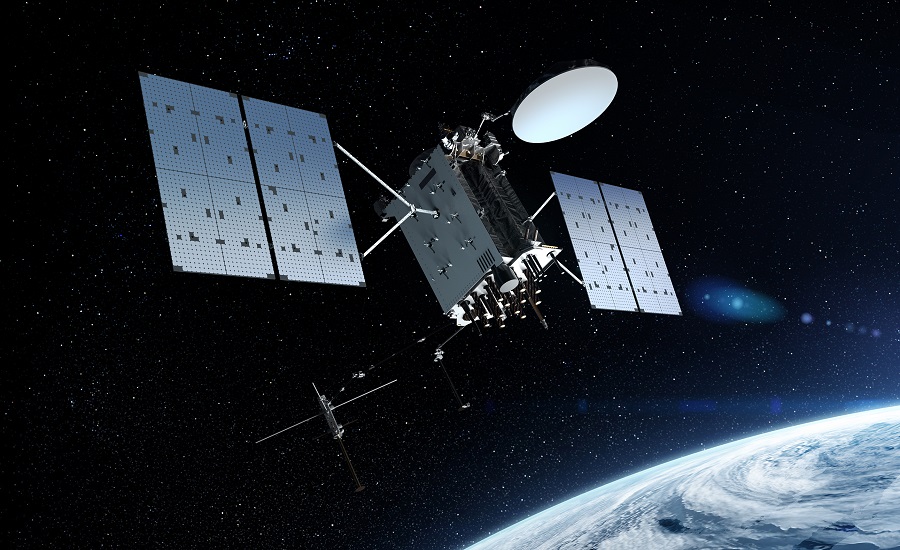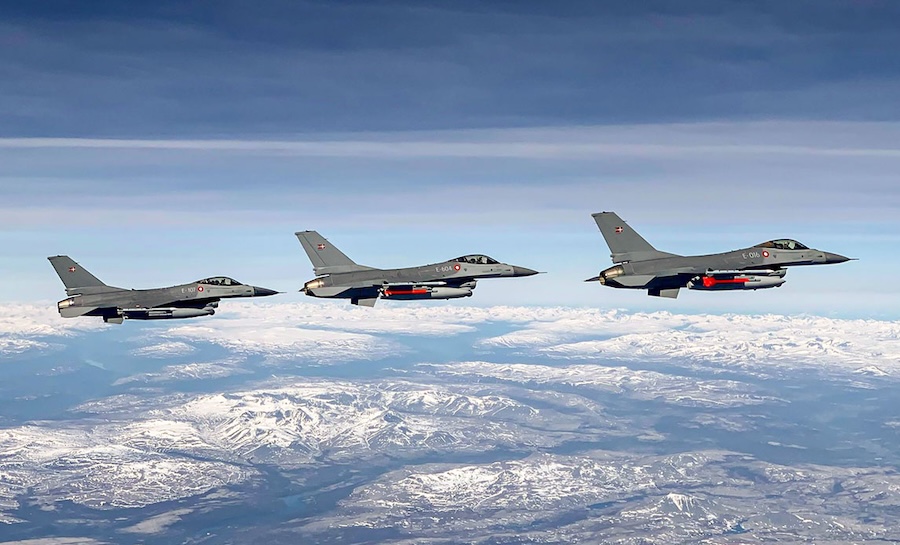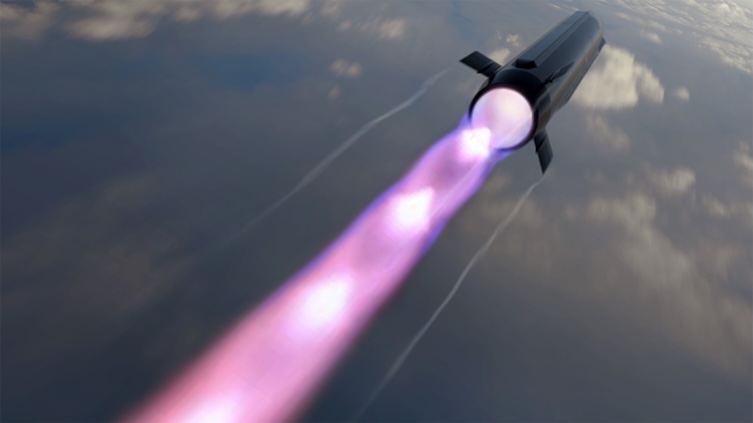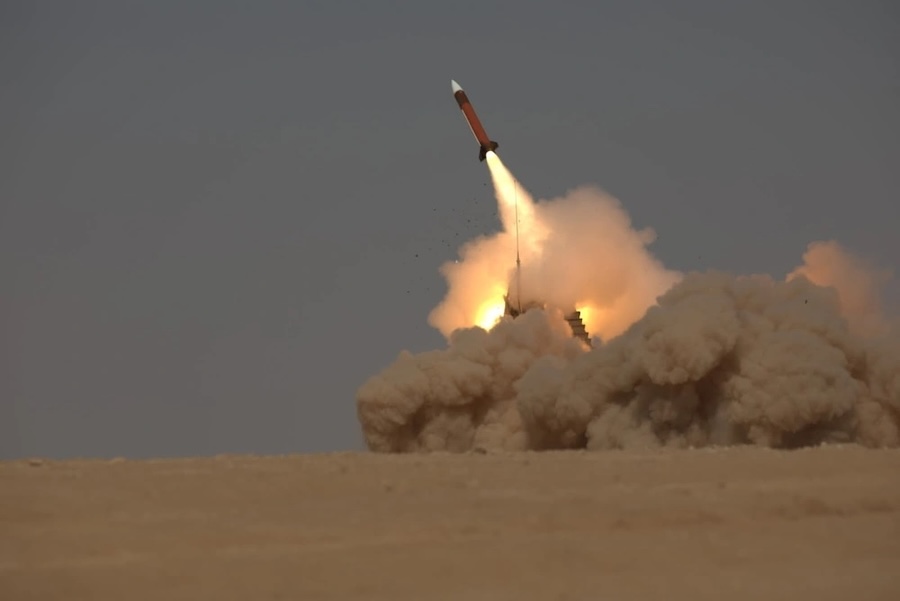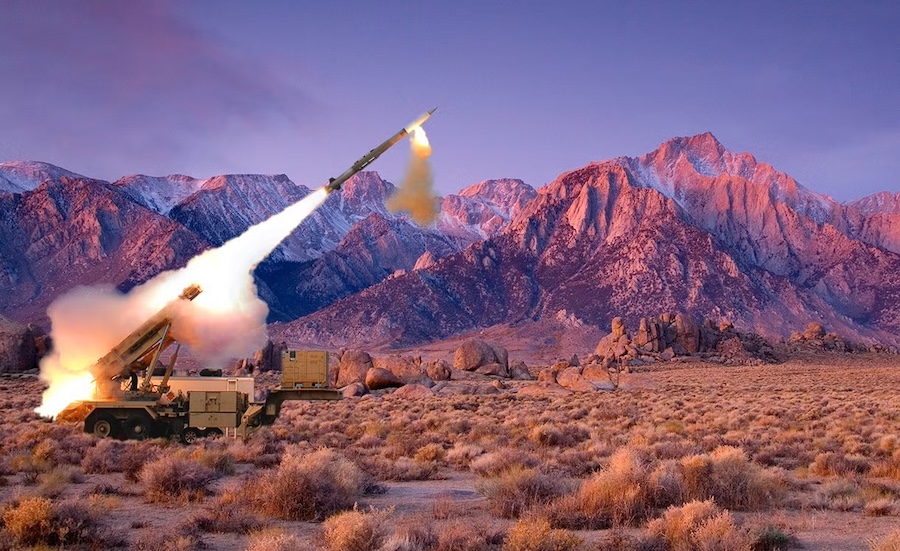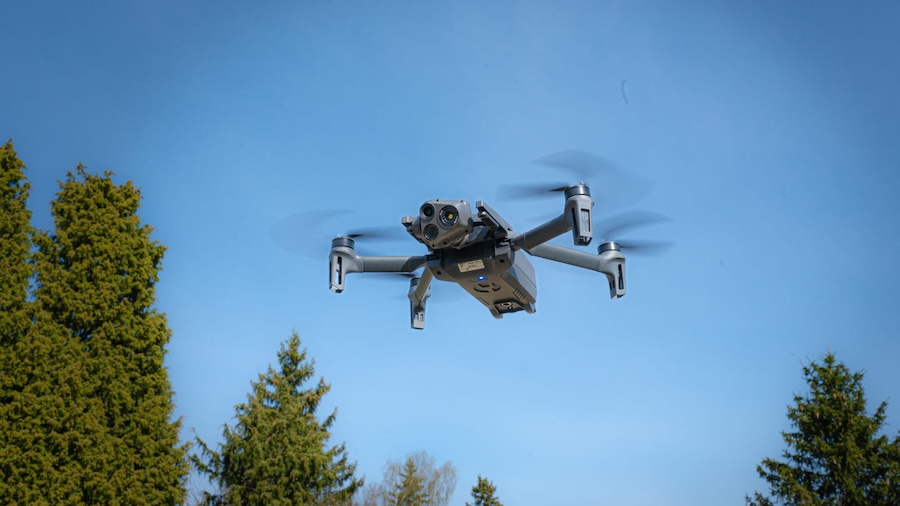The satellites will be built at Lockheed Martin’s facilities in Littleton, Colorado. Space Systems Command, based in Los Angeles, California, will allocate $55 million from fiscal year 2025 missile procurement funds at the time of award.
This modification raises the total number of GPS IIIF satellites ordered to 12. With this latest award, the contract’s cumulative value now stands at $4.1 billion.
Lockheed Martin was originally selected to lead the GPS III programme. In September 2018, the company received a $1.36 billion contract from the U.S. Air Force to construct the 11th and 12th GPS IIIF satellites under a nine-year agreement.
That agreement is part of a broader potential $7.2 billion contract that allows for the production of up to 22 satellites. It includes provisions for test beds, simulators, engineering support, launch and on-orbit services, as well as satellite storage.
“The GPS IIIF satellites will add new capabilities and increased performance to the GPS constellation that users have come to depend on,” said Erik Daehler, Lockheed Martin’s director for the GPS IIIF programme. “We are proud to continue to partner with the U.S. Space Force to further advance the nation’s positioning, navigation and timing capabilities.”


